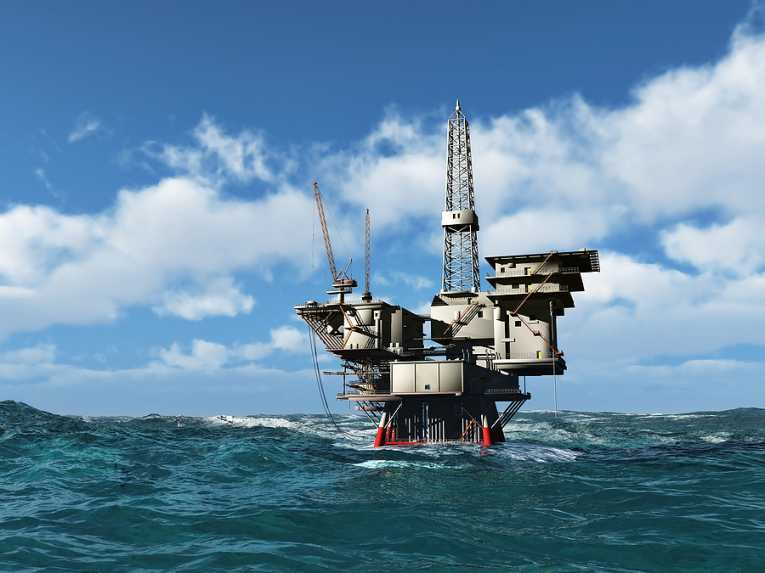Shell's oil spill off the Scottish coast has been branded the worst in a decade as it is revealed a second leak has been discovered.
Environmentalists and Conservationists have criticised what they describe as a "lack of transparency" from Shell, who despite discovering the initial leak last Wednesday, only made the news public on Friday. Confirmation on the amount of oil leaked took several days to emerge. This morning (Tuesday) a second leak was discovered at the Gannet Alpha platform, which is 111 miles east from Aberdeen.
It is estimated the first leak spilled over 1,300 barrels of oil into the sea, more than the total amount spilled in 2009.
Glen Cayley is technical director at Shell. He is confident the first leak is under control.
"The leak that we've stemmed was in the flow line so job number one was to close in the wells and isolate the reservoir, which of course is the large volume from the leak.
"We're confident that it's under control. The residual small leak is in an awkward position to get to. This is complex sub-sea infrastructure, and really getting into it amongst quite dense marine growth is proving a challenge."
The company has faced anger over the lack of information published over the initial leak. Greenpeace, who also mocked the oil firm's use of language describing the spill as an "oil sheen" criticised Shell's lack of openness in the days following the spill.
"Five days on we still don't have enough information to know how serious the spill is. Shell hasn't confirmed how much oil has been leaked and the company is assuring the public that the leak is 'under control' while, according to many reports oil continues to pour out from the gannet alpha platform."
The views were echoed by the Director of the RSPB in Scotland, Stuart Housden, "First and foremost, we need assurances from Shell that this spill has now completely stopped. We must also ensure that those involved are equipped with all the necessary information in order to take the appropriate course of action.
"Communication and sharing knowledge is key at this stage, RSPB Scotland is ready and willing to offer its advice on how best to protect seabirds at risk, but we cannot do this without monitoring by the relevant agencies and sharing the details of what this monitoring has shown."
He has warned of the potential impact on Scotland's famed marine wildlife, "We know oil of any amount, if in the wrong place, at the wrong time, can have a devastating impact on marine life. Currently thousands of young auks (razorbills, puffins and guillemots) are flightless and dispersing widely in the North Sea during late summer. So they could be at serious risk if contaminated by this spill."
Greenpeace has also stepped up its questions over the ability of oil firms to maintain a safe approach when drilling, "North Sea drilling is regularly held up as a gold standard for oil drilling safety regulations, and ministers tell us that the risk of a Deepwater Horizon style blowout in the UK is small."
They also raised concern over Shells proposed drilling in the Arctic.
"If Shell can't prevent an oil spill in the 'ultra safe' North Sea we have to ask how they'll manage in the pristine wilderness of the Arctic, where extreme conditions mean that any oil spill would be all but impossible to clean up."
Top Image Credit: Sea Oil Rig Drilling Platform © Mike Tolstoy










